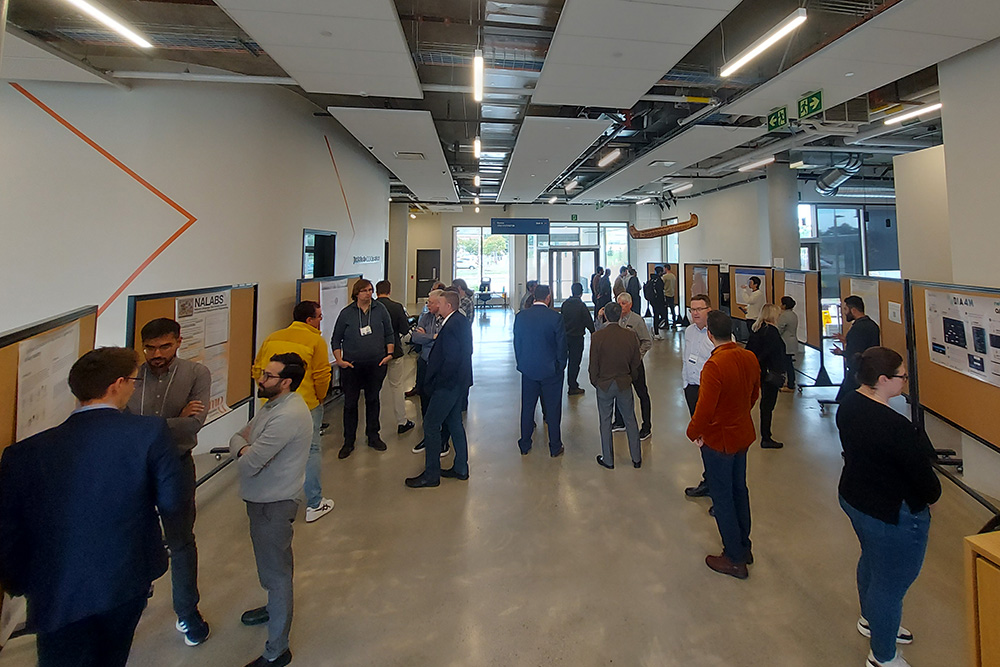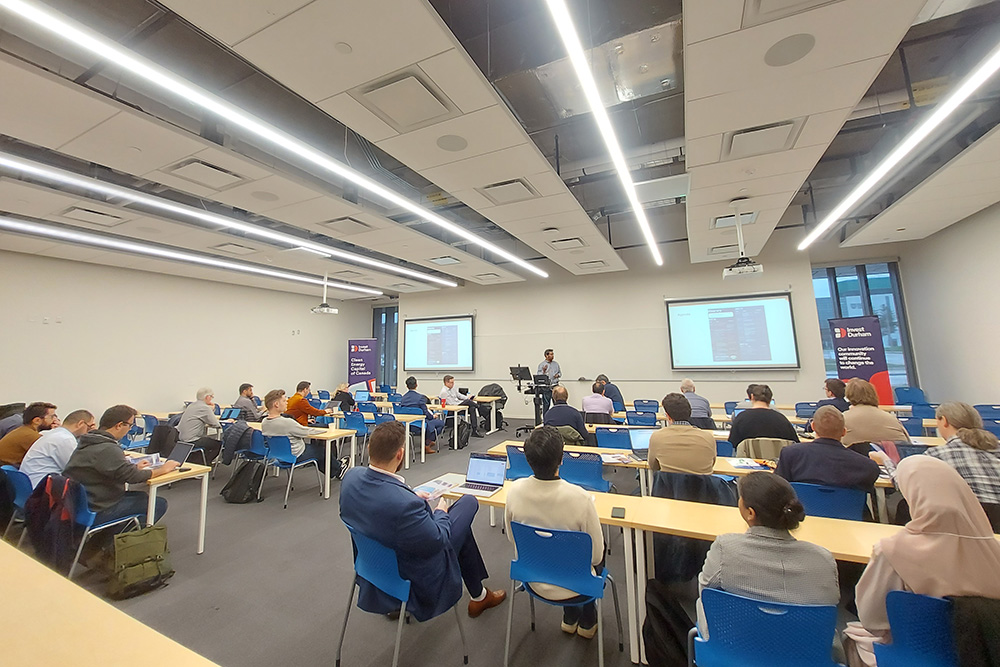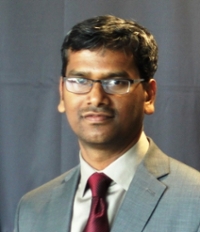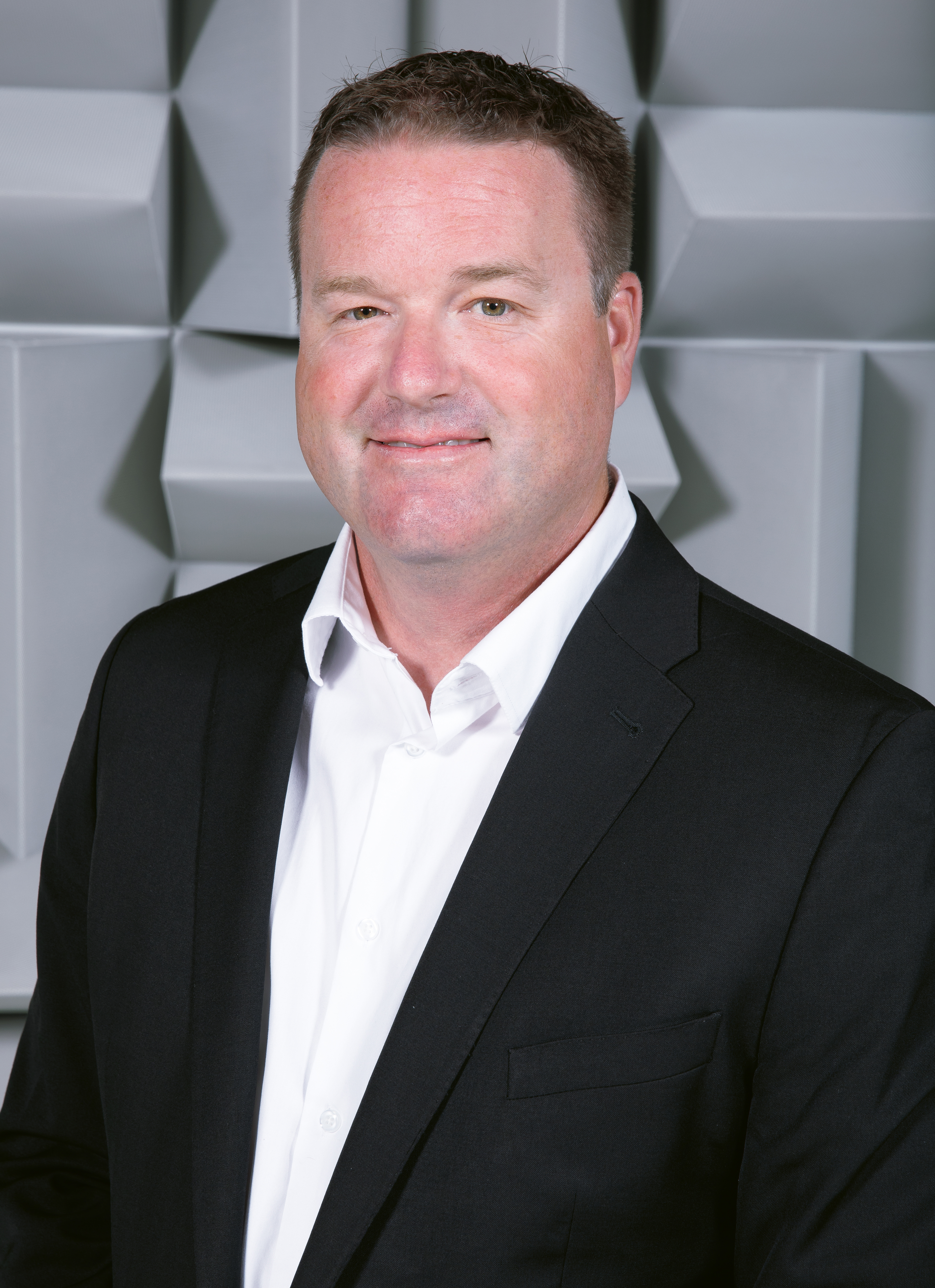Smart engineering: Ontario Tech’s expertise in real-time software systems research shining on international stage
Dr. Akramul Azim leading the Canadian consortium for a European-based project called SmartDelta
February 2, 2024
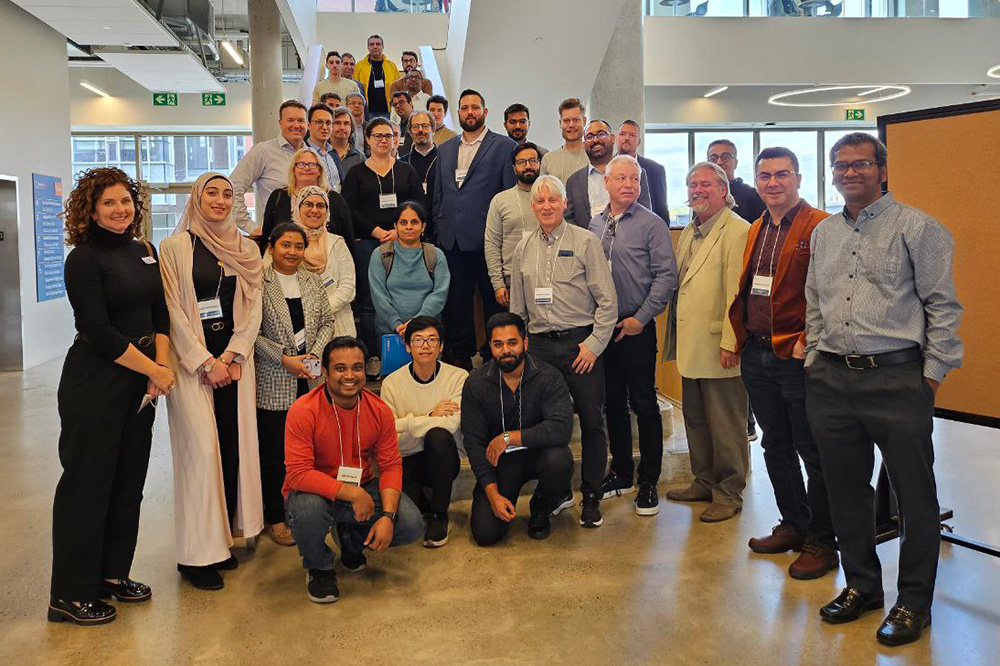
As in life, change is constant in the field of technology. The latest gadgets or programs are quickly replaced by something just a little bit better. While computer software does not wear out physically or depreciate like a vehicle or an appliance, software programs eventually become outdated. Software that is no longer able to support new hardware or new system requirements can potentially lead to security vulnerability. For these reasons, software is constantly being updated.
A research group at Ontario Tech University led by software engineering expert Dr. Akramul Azim of the Faculty of Engineering and Applied Science, is at forefront of validating and verifying the methodologies, design, and prototype implementation of embedded smart software systems. ‘Smart’ analytics (technology’s capacity to communicate with other networked technologies) makes it possible for the inclusion of more-efficient changes into newer software versions. Smart engineering solutions continuously improve performance, reduce costs and boost software quality, security and safety.
From artificial intelligence (AI) to machine learning to cloud computing, Dr. Azim’s Real-Time Embedded Software (RTEMSOFT) Lab works closely with industry partners on tools and techniques to advance software quality and integrate results in the final products being developed for customers.
“Large tech organizations are always developing software updates to optimize new coding and functionalities, find faster ways to detect issues, or make required fixes in programs,” explains Dr. Azim. “Their changes need to be co-ordinated and synchronized. This ongoing cycle of change is incremental. Science applies the term ‘delta’ to reference such changes.”
Ontario Tech’s connection to the SmartDelta Project
Blending all of these concepts into one, Dr. Azim has been leading the Canadian consortium for a European-wide research project involving over two dozen companies and research institutions across seven countries. The project, called SmartDelta, led by the RISE Research Institutes of Sweden, pushes for concrete business applications in important technology fields like AI, big data, simulation and high-performance computing.
“SmartDelta is an exciting multinational research project in which Ontario Tech is proud to play an important part,” says Dr. Justin Gammage, Ontario Tech’s Senior Executive Advisor for Strategic Research Priorities and Industry Collaborations, and who is also SmartDelta’s Canadian Co-ordinator. “The university is keenly focused on embracing innovation and harnessing technological advancements that prioritize ethical implications and the well-being of individuals, communities, and our planet.”
SmartDelta prioritizes automated solutions in incremental industrial software systems development for applications in such areas as:
- Digital health: virtual care, hospital optimization, health data management, bioinformatics.
- Green information and communications technology in food and agriculture, and clean-tech.
- Sports: performance enhancement and rehabilitation.
- Edtech: online education, learning management, collaboration.
- Cybersecurity.
- Public safety and emergency preparedness and response.
“We are working closely with the partner companies to share Ontario Tech’s expertise in software quality and create different solutions and tools for the SmartDelta project for commercial deployment,” says Dr. Azim. “The SmartDelta project aligns with the university’s strategic research priorities and commitment to ‘tech with a conscience’. It additionally provides Ontario Tech students with international experiential learning opportunities.”
Dr. Azim’s RTEMSOFT research team, along with other Faculty of Engineering and Applied Science members and graduate students hosted a SmartDelta conference at the university this past October.
RTEMSOFT’s Canadian partners in the SmartDelta collaboration include:
- eCAMION Inc.
- Glasshouse Systems
- Team Eagle
- National Research Council of Canada (Industrial Research Assistance Program)
Gallery
Media contact
Bryan Oliver
Communications and Marketing
Ontario Tech University
289.928.3653 (mobile)
bryan.oliver@ontariotechu.ca
